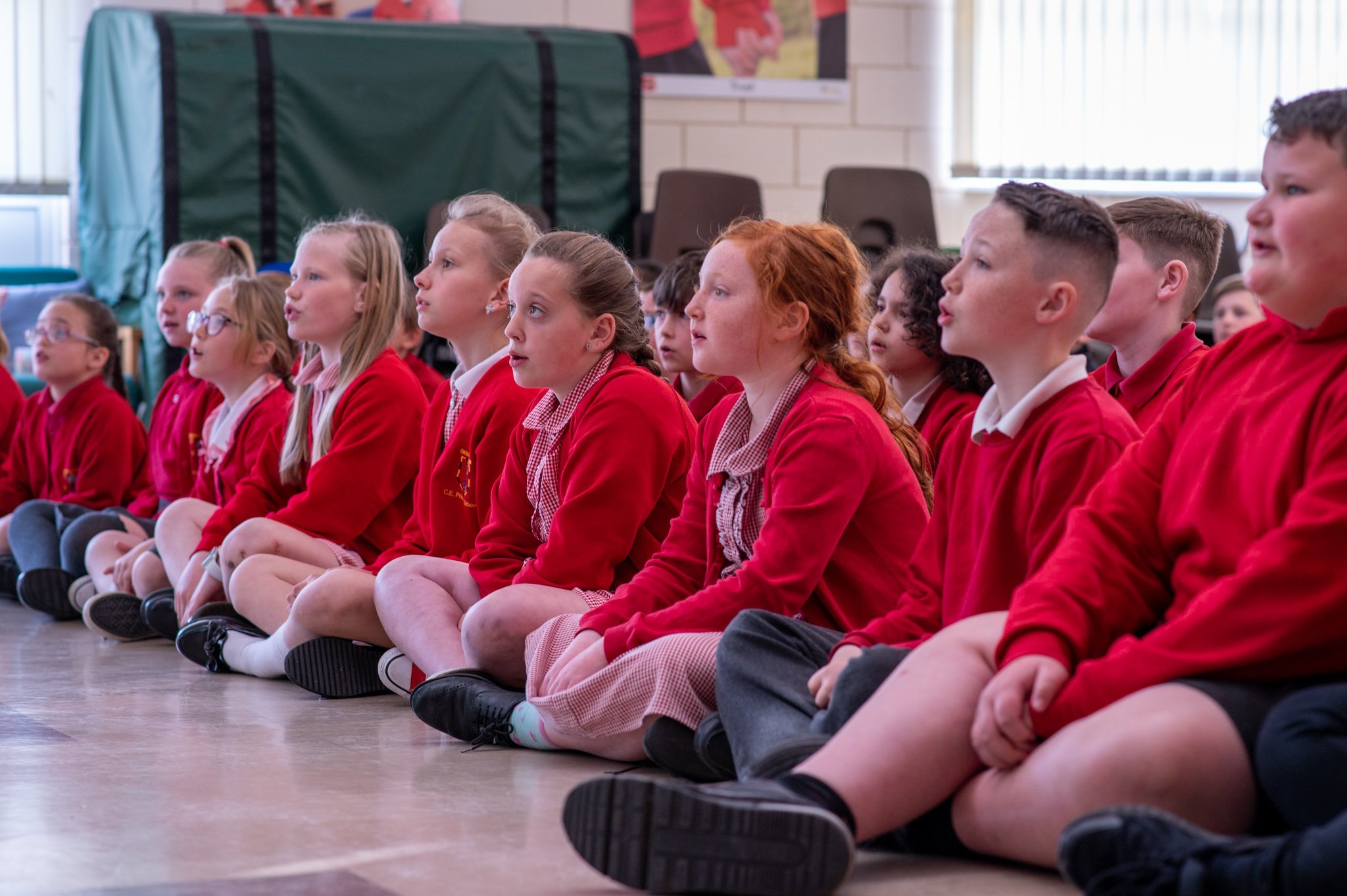
Rights Respecting School
Rights Respecting Schools Gold Award
Here at Bidston Village we are very proud to have achieved Rights Respecting Schools Gold Award for our commitment to promoting the rights of the child.
UNICEF’s Rights Respecting Schools Award (RRSA) was developed from the United Nations Convention of the Rights of the Child (UN CRC) seeks to ensure the Protection, Provision and Participation of all children.
The Rights Respecting Schools Award (RRSA) recognises achievement in putting the United Nations Convention on the Rights of the Child (CRC) at the heart of a school’s planning, policies, practice and ethos.
A rights-respecting school not only teaches about children’s rights but also models rights and respect in all its relationships: between teachers / adults and pupils, between adults and between pupils.
Children’s rights are central to all aspects of UNICEF’s work, including education, and we use the UN Convention on the Rights of the Child (CRC) as a framework for our activities. UNICEF aims to promote children’s rights in schools in two ways: by supporting schools to ensure that rights are embedded in their ethos and policy making; and by offering resources and activities to ensure that children and young people can learn about children’s rights in the classroom and beyond.
The CRC consists of 54 articles. A ‘child’ is defined as every human being below the age of 18. The key provisions are:
The right to a childhood (including protection from harm) The right to be educated (including all girls and boys completing primary school)
The right to be healthy (including having clean water, nutritious food and medical care)
The right to be treated fairly (which includes changing laws and practices that discriminate against children)
The right to be heard (which includes considering children's views)
In our journey towards GOLD RRSA accreditation, we have been required to show evidence that we have reached all four of the following standards:
Standard A: Rights-respecting values underpin leadership and management.
The best interests of the child are a top priority in all actions. Leaders are committed to placing the values and principles of the CRC at the heart of all policies and practice.
Standard B: The whole school community learns about the CRC
The Convention is made known to children and adults. Young people and adults use this shared understanding to work for global justice and sustainable living.
Standard C: The school has a rights-respecting ethos
Young people and adults collaborate to develop and maintain a rights-respecting school community, based on the CRC, in all areas and in all aspects of school life.
Standard D: Children are empowered to become active citizens and learners
Every child has the right to say what they think in all matters affecting them and to have their views taken seriously. Young people develop the confidence, through their experience of an inclusive rights-respecting school community, to play an active role in their own learning and to speak and act for the rights of all to be respected locally and globally.

Impact
The main areas of impact are:
Improved self-esteem and well-being
Improved relationships and behaviour
Improved engagement in learning
Positive attitudes towards diversity in society and the reduction of prejudice
Children and young people’s enhanced moral understanding
Children and young people’s support for global justice
Children and young people become more involved in decision-making in schools
Our Rights Respecting Schools Committee comprises adults and children from across the school and they meet on a regular basis to plan activities and to discuss issues.
